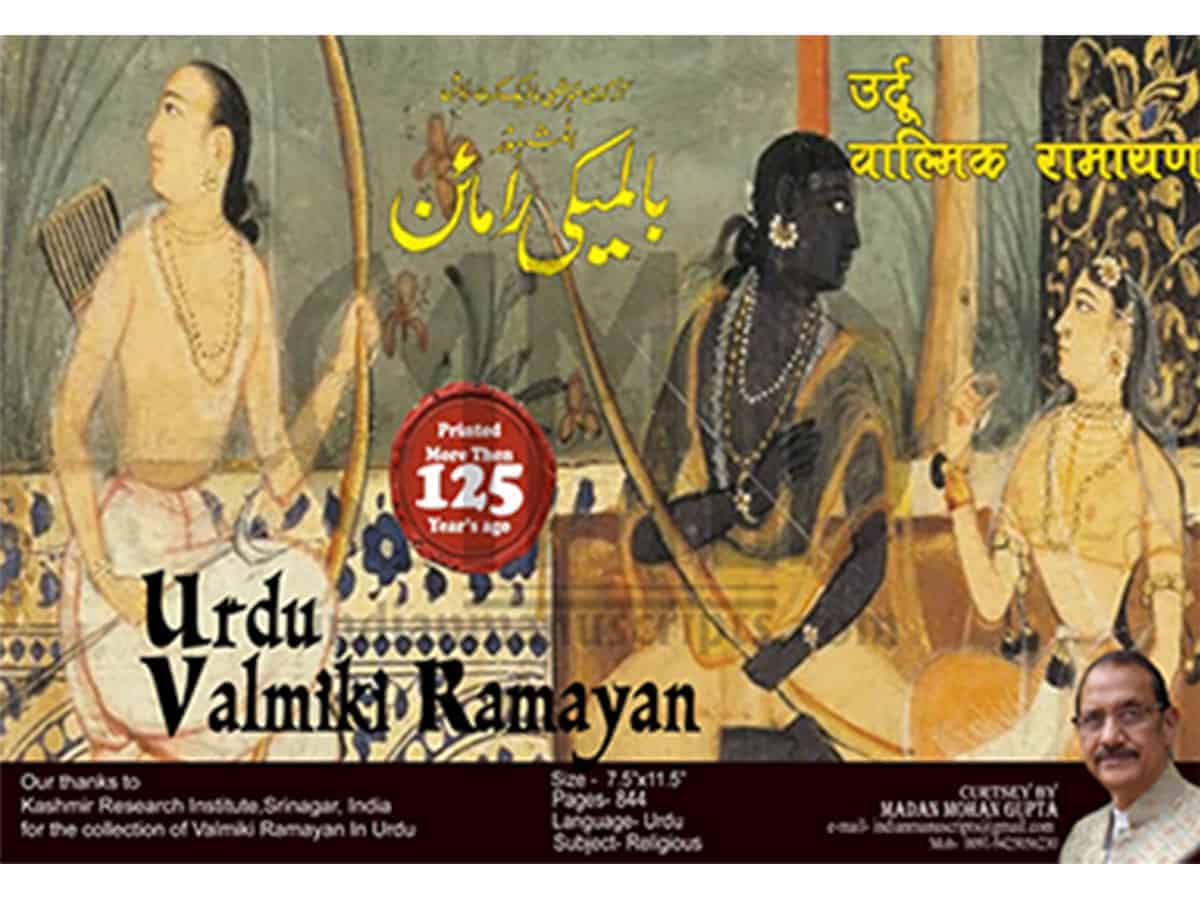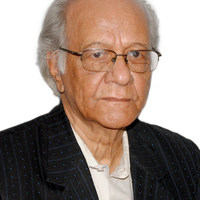
Prof Anwar Moazzam
During the last four years, the cultural personality of India has almost lost its presence under the dark clouds of total politicisation of the idea of India. The essentialisation of Hindutva in the continuing political discourse has been struggling to divert peoples’ attention from the religious, linguistic and cultural plurality of India and it appears that they are gaining ground. The RSS– manufacturers of this strategy– would find that it is futile to countercultural forces of social co-existence. RSS has always depended on religious polarization as a sure vehicle to gain Hindu Rashtra. The fact is that the RSS is more anti-Muslim than pro-Hindu. Hinduism did not suit them politically since it is an all-embracing way of life and hence, it adopted Hindutva.
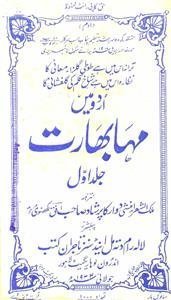
In accordance with this policy, they have just ignored Urdu, which they consider the language of Indian Muslims, as a custodian and promoter of Indian cultural values. I may even claim that no other Indian language, other than Urdu, could develop a system of Indian cultural values, as such. I would highlight here the projection by Urdu writers and scholars with regard to the religious traditions reflecting the spiritual content of Indian cultural plurality.
I propose (subject to correction) that except Urdu, there is no other Indian language that has translations of the sacred texts of various religions of India. From the early 19th century onwards, the Muslim and non-Muslim Urdu scholars, within the purely non-religious character of Urdu culture, have translated in Urdu, sacred books of almost all religions, along with analysis of their teachings and lives of religious figures.
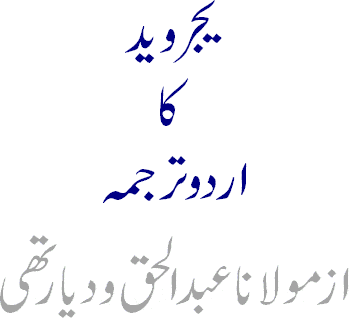
According to Mukhtar Taunki, Dr Ajay Malviyah in his Urdu men Hindu Dharm states that in Urdu there are about 82 translations of Bhagvat Gita, including approximately more than 20 translations in verse. These translations were done by both Hindu and Muslim poets like Shankar Dayal Farhat, Banke Behari Lal Behari, Suraj Prashad Tasavvur, Banvari Lal Shola, Suraj Narayan Mehr, Jagan Nath Khushtar, Dvarka Prashad Ufu Lakhnavi, Qais Khalili, Shiv Prashad Sahil, and Mahdi Nazmi. Ufuq Lakhnivi’s Ramayan yak Qafia as published in 1885, by Munshi Naval Kishore and its second edition in 1914 by Manohar Laal Bhargav. It contains 13 hundred couplets and about 500 proverbs. Ufuq has also translated Ramayana in simple prose for general reading. The eminent Urdu critic, Ehtisham Husain, paid high tributes to Ufuq’s contribution to these translations.
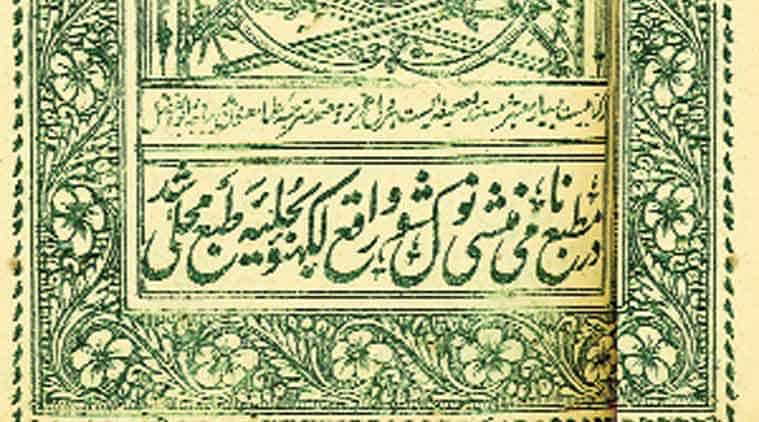
Khuda Bakhsh Oriental Public Library, Patna has brought out about 19 books in Urdu on Bhagvat Gita, Jog Bishist, Jainism, Buddhism, and Sikhism; they include books on Hindu incarnations and festivals, Hinduism and Hindu Dharm during Akbar’s period, I may add that, besides one by Hasanudddin Ahmed of Hyderabad, in Shashi Tharoor’s Hindu Pakistan, at least three Translation of Gita (including one by Shanul Haq Haqi, an eminent Urdu poet and critic), two translations of Mahabharata, (including one by an eminent poet, Abdul Aziz Khalid), two translations of Guru Granth, two translation of Dhaampadm (Buddhist); a translation of Yajurved, was published in around 1860 and two translations of Upanishads in 1926.

